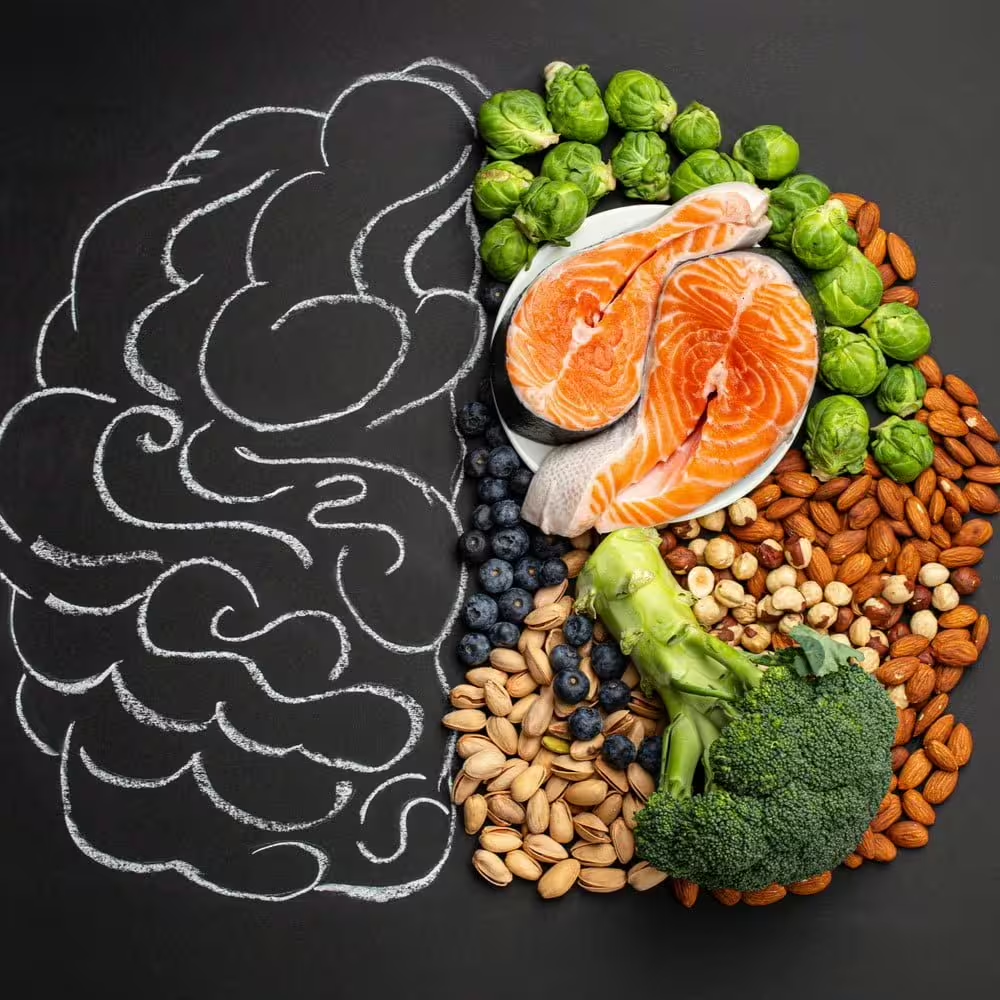
Have you ever felt a sudden surge of happiness after enjoying a delicious meal? Have you felt a wave of tiredness while indulging in sugary snacks? If so, you’ve experienced how closely your mood and the food you eat are related. This unique connection is sometimes called the (gut-brain connection). The central and enteric nervous systems can communicate in both directions, connecting the emotional and thinking parts of the brain with the functions of the intestines.
If you have ever questioned the reason behind why you feel the way you do after a meal, get ready to find out the gut-brain connection. Read on, you may hold the key to creating a happier, healthier, and stronger version of yourself.
Keep in mind that your brain and your gut are best friends who chat all the time. They communicate through a unique bond. Your gut manages all aspects of eating and digestion, while your brain is the one who makes decisions.
Serotonin is a specific substance in your brain that acts as a messenger of happiness. When your serotonin levels are high, you normally feel pleasant. Unexpectedly, your gut is involved in the production of part of this serotonin! If your gut is healthy and joyful, it can deliver more serotonin to your brain, boosting your happiness. The issue is that when you are anxious, your gut can become anxious. It may create fewer of the helpful substances that keep your gut happy and healthy. This might have an unfavorable effect on your mood and make you feel even more worried. So, this connection is important in many aspects of physical and mental health, including digestion, mood, and overall well-being.
Here are some dietary recommendations to boost your mental health:
The gut-Brain connection proved that gut health is essential to overall health. Take a few deep breaths or eat a healthy meal the next time you feel stressed or down. Your gut will thank you for it!











